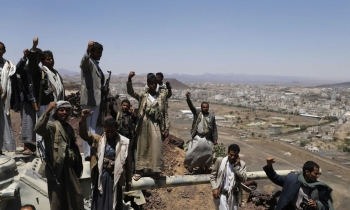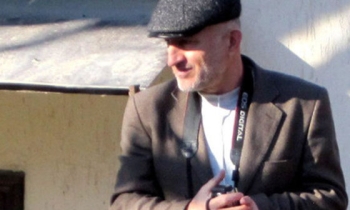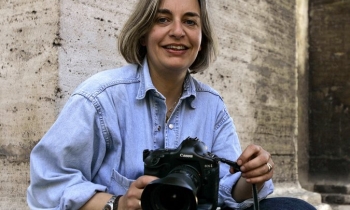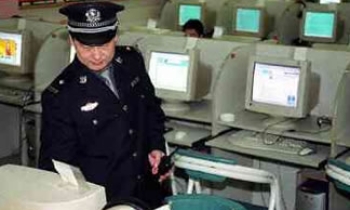Paris-based press freedom group Reporters sans Frontières (RSF) has expressed its deep concern in respect of the conditions in which journalists and political opponents have been held since the demonstrations of December 19, 2010. “The pressures exerted on them and their defence teams, and the efforts to limit dissemination of news about them, recall the repression campaigns of the Soviet era,” the organization said Monday.
Visits by lawyers to their clients are strictly limited under the pretext that the detention centre only has one room set aside for this purpose. The lawyer for Natalia Radzina, editor in chief of Charter 97, was able to see her on January 19, 2011. He found her unwell, suffering from bronchitis and influenza. Irina Khalip, journalist with Novaya Gazeta and wife of opposition candidate Andrei Sanikov, has not seen a lawyer since December 30.
The couple (at present in prison and facing jail terms of five to 15 years) have been subject to psychological pressures, with the Belarusian authorities saying that the mother of Irina Khalip needed to be declared suitable if she was to take care of the couple’s three year old son.
Otherwise he would be placed in an orphanage. After 10 days the grandmother was finally able to take over his care. The couple have also been accused by the official journal of having fomented a coup d’état, backed by Poland and Germany
In another development on January 20, the Minsk Bar Association (MCBA) advised its members only to reply to written questions from journalists and to require them to submit their articles before publication. “The MCBA has published this recommendation under pressure from the justice ministry which is trying to limit as much as possible access to news about the political opposition and journalists facing prosecution for taking part in an illegal demonstration,” said Andrei Bastunets, lawyer for the Belarusian Association of Journalists (BAJ), a partner organisation of RSF.
“This recommendation is not a legal act and should not have legal consequences.” If the advice is followed, journalists will no longer be able to conduct interviews by telephone. This directive will help isolate the detainees and prevent them being defended at the national or international level.









